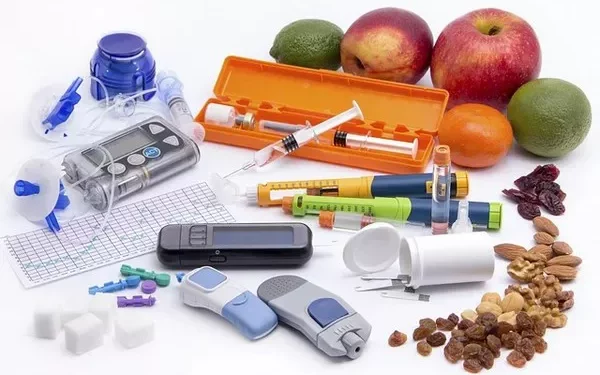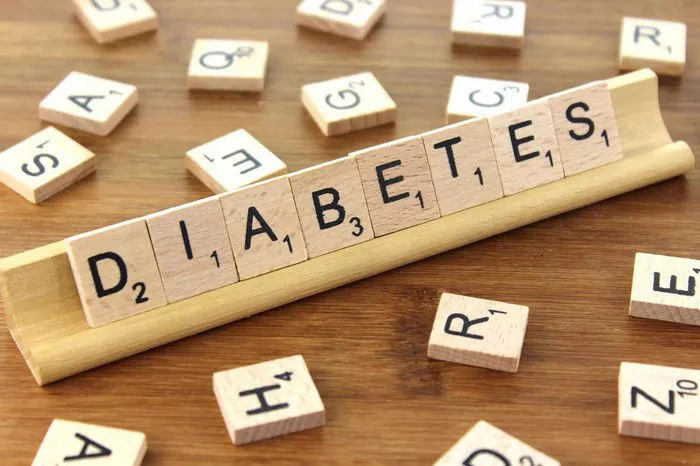Hypoglycemia, characterized by abnormally low blood glucose levels, is a serious condition that can have various systemic effects on the body. One critical consequence of severe hypoglycemia is its potential to induce shock. Understanding the type of shock associated with hypoglycemia, its pathophysiology, symptoms, and management is essential for effective treatment and prevention of complications. This comprehensive article explores these aspects in detail, providing valuable insights into how hypoglycemia can lead to shock and what steps can be taken to address it.
Understanding Hypoglycemia
Definition and Causes
Hypoglycemia occurs when blood glucose levels fall below the normal range, typically defined as less than 70 mg/dL (3.9 mmol/L). It can result from various causes, including:
Excessive Insulin: Overadministration of insulin or other glucose-lowering medications in individuals with diabetes can lead to hypoglycemia.
Insufficient Food Intake: Skipping meals or not consuming enough carbohydrates can cause blood glucose levels to drop.
Increased Physical Activity: Intense or prolonged exercise can increase glucose utilization and lower blood glucose levels.
Alcohol Consumption: Drinking alcohol, especially without eating, can interfere with glucose production and lead to hypoglycemia.
Medical Conditions: Certain medical conditions, such as adrenal insufficiency or severe liver disease, can affect glucose metabolism and contribute to hypoglycemia.
Symptoms and Diagnosis
Common symptoms of hypoglycemia include:
- Shakiness
- Sweating
- Rapid heartbeat
- Confusion or difficulty concentrating
- Irritability or mood swings
- Dizziness or lightheadedness
- Fatigue
- Seizures or loss of consciousness in severe cases
Diagnosis is typically made through blood glucose testing. In severe cases, clinical evaluation may reveal signs of impaired cognitive function or unconsciousness.
Understanding Shock
Definition and Types
Shock is a medical emergency characterized by a significant decrease in blood flow and oxygen delivery to tissues, leading to cellular dysfunction and potential organ failure. There are several types of shock, including:
Hypovolemic Shock: Caused by a significant loss of blood or fluids, leading to reduced blood volume and decreased cardiac output.
Cardiogenic Shock: Resulting from severe heart failure or impaired cardiac function, leading to inadequate blood pumping.
Distributive Shock: Includes septic shock, anaphylactic shock, and neurogenic shock. It is characterized by abnormal distribution of blood flow due to vasodilation or other factors.
Obstructive Shock: Caused by physical obstruction of blood flow, such as in cases of pulmonary embolism or tension pneumothorax.
Pathophysiology
In shock, the body’s compensatory mechanisms attempt to maintain adequate blood flow and oxygen delivery. These mechanisms include increased heart rate, vasoconstriction, and fluid retention. However, if the underlying cause of shock is not addressed, these compensatory responses can become overwhelmed, leading to progressive organ dysfunction and failure.
Hypoglycemia-Induced Shock
Mechanisms of Hypoglycemia-Induced Shock
Severe hypoglycemia can lead to shock through several mechanisms:
Impaired Brain Function: The brain is highly sensitive to changes in glucose levels. Severe hypoglycemia can impair cognitive function and consciousness, leading to altered mental status and potential loss of consciousness. This can affect the body’s ability to respond to hypoglycemia and can contribute to the development of shock.
Autonomic Dysfunction: Hypoglycemia triggers the release of stress hormones, such as adrenaline and cortisol. These hormones aim to increase blood glucose levels but can also lead to increased heart rate and vasoconstriction. Prolonged or severe hypoglycemia can overwhelm these compensatory mechanisms and result in shock.
Hypoglycemic Encephalopathy: Severe and prolonged hypoglycemia can cause brain injury or encephalopathy. This condition impairs the brain’s ability to regulate vital functions, including blood pressure and heart rate, potentially leading to shock.
Clinical Presentation
The clinical presentation of hypoglycemia-induced shock may include:
Altered Mental Status: Confusion, agitation, or loss of consciousness.
Tachycardia: Rapid heart rate as the body attempts to compensate for low blood glucose levels.
Hypotension: Low blood pressure due to impaired vascular tone and cardiac function.
Cool, Clammy Skin: Due to vasoconstriction and reduced blood flow to the skin.
Seizures: In severe cases, hypoglycemia can lead to seizures, further complicating the clinical picture.
Diagnosis and Assessment
Clinical Evaluation
Diagnosing hypoglycemia-induced shock involves a thorough clinical evaluation, including:
Blood Glucose Testing: Essential for confirming hypoglycemia. A blood glucose level below 70 mg/dL indicates hypoglycemia, and levels below 40 mg/dL are considered severe.
Physical Examination: Assessment of vital signs, mental status, and signs of shock, such as hypotension and tachycardia.
Neurological Assessment: Evaluation for altered mental status, seizures, or other signs of neurological impairment.
Laboratory Tests: Additional tests may be required to assess electrolyte levels, kidney function, and other relevant parameters.
Management of Hypoglycemia-Induced Shock
Immediate Treatment
Administering Glucose: Immediate treatment involves administering glucose to correct hypoglycemia. This can be done orally if the patient is conscious and able to swallow, or intravenously if the patient is unconscious or unable to take oral glucose.
Monitoring and Stabilization: Continuous monitoring of blood glucose levels, vital signs, and mental status is crucial. Stabilization of blood glucose levels and addressing any complications is essential.
Treating Underlying Causes: Identifying and treating any underlying causes of hypoglycemia, such as adjusting medication doses or addressing contributing factors, is important for preventing recurrence.
Supportive Care
Fluid Resuscitation: If shock is severe and accompanied by low blood pressure, intravenous fluids may be administered to support blood volume and circulation.
Vascular Support: In cases of severe hypotension, medications such as vasopressors may be used to support blood pressure and improve blood flow.
Neurological Monitoring: Continuous monitoring of neurological function is important, especially if there are signs of hypoglycemic encephalopathy or seizures.
Preventing Hypoglycemia-Induced Shock
Management of Diabetes
Medication Adherence: Ensuring adherence to prescribed diabetes medications and adjusting doses as needed to prevent hypoglycemia.
Regular Monitoring: Frequent monitoring of blood glucose levels to detect and address hypoglycemia early.
Education and Awareness: Educating patients on recognizing symptoms of hypoglycemia and appropriate actions to take, such as consuming glucose or seeking medical help.
Lifestyle Modifications
Balanced Diet: Maintaining a balanced diet with regular meals and snacks to prevent significant drops in blood glucose levels.
Exercise Management: Adjusting exercise routines and carbohydrate intake to account for increased physical activity and prevent hypoglycemia.
Alcohol Consumption: Limiting alcohol intake and ensuring adequate food consumption when drinking to prevent hypoglycemia.
See also: Why Does Hypoglycemia Cause Tachycardia?
Conclusion
Hypoglycemia-induced shock is a serious condition that can result from severe and prolonged low blood glucose levels. The mechanisms behind this type of shock include impaired brain function, autonomic dysfunction, and hypoglycemic encephalopathy. Understanding these mechanisms and the clinical presentation of hypoglycemia-induced shock is crucial for effective diagnosis and management.
Immediate treatment involves administering glucose, monitoring vital signs, and addressing any underlying causes of hypoglycemia. Supportive care, including fluid resuscitation and vascular support, may be necessary for severe cases. Preventing hypoglycemia-induced shock requires careful management of diabetes, regular monitoring of blood glucose levels, and lifestyle modifications.
By recognizing the signs of hypoglycemia-induced shock and taking appropriate actions, healthcare providers and individuals with diabetes can effectively manage this serious condition and prevent its potentially life-threatening complications.
Related topics:
What Type of Diabetes Is Hypoglycemia?



























